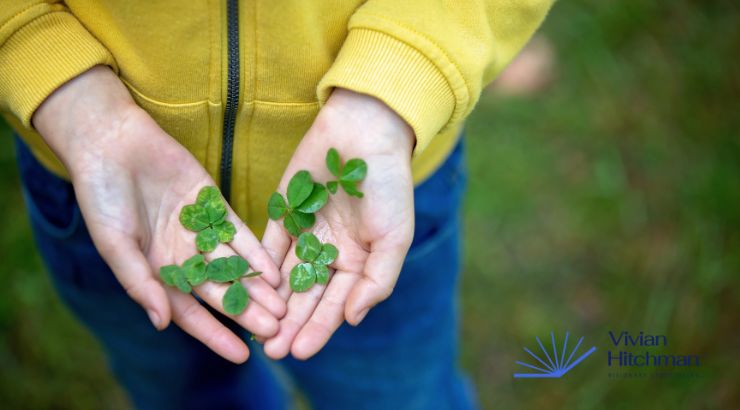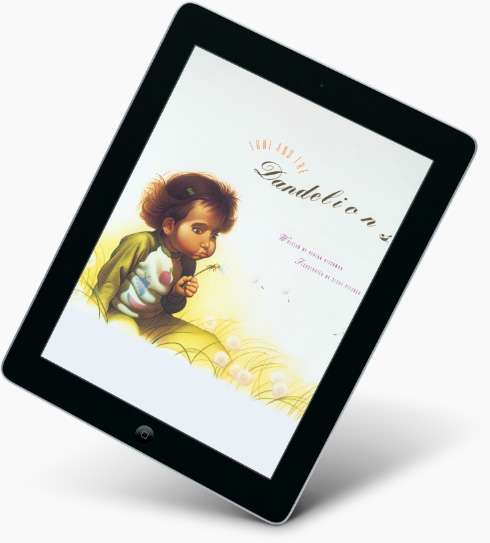Normally February is the shortest month of the year, but every fourth year, otherwise known as a Leap Year, gives us an extra day.
This year is a Leap Year, and with it comes that extra day in February to enjoy life, find solutions, and have a chance for change and creative expression. Here are some examples:
- An extra day to launch a new thought, attitude, or perspective
- An extra day to find forgiveness
- An extra day for finding new friends
- An extra day for seeing a silver lining in a challenging situation
- An extra day to allow a break from a commitment you’re bound to
- An extra day to appreciate someone
- An extra day to find joy and experience happiness
- An extra day to welcome in some luck
If you missed taking advantage of this recent Leap Year Day, here’s how you can bring luck into your life and peace of mind into any day of the year.
Dr Richard Wiseman, professor of the public understanding of psychology at the University of Hertfordshire, in England, studied the principles of good and bad luck, and published his results in the self-help book, The Luck Factor.
His research shows that lucky people are aware, engaged and observant of the world around them. They are open to chance encounters and are curious about other people.
An extension of that could be an awareness of self and others around them, and an openness to opportunities and occurrences which show up without being requested, planned, or foreseen.
Children are particularly good at this. They can be engaged in something one minute and within seconds move on to something else.
Often this is viewed as a lack of focused attention and unnecessary distraction, which could lead the child toward negative behaviour, incompletion, or a dangerous situation.
On the other hand, one could see it as an openness to exploring and being curious about what is.
A world of opportunity and positive chances can come into view and enter their sphere of consciousness so that they never miss a what-is or a what-if moment.
Children’s natural level of curiosity, unencumbered by shoulds and should-nots, is available in the blink of an eye. They don’t question their engagement but rather act spontaneously to stimuli.
They notice what is and what-ifs as something else to be explored.
That being said, adults could benefit greatly from being more aware of what is and what-ifs, especially when they desire change or completion.
If there is something you haven’t planned on, but it randomly shows up in your life, try to observe it with curiosity.
Is it being introduced for a reason? Is there an underlying, yet unknown aspect of its presence?
Noticing, focusing on, and ultimately achieving what you are attracted to or have a passion for can also be viewed as having good luck.
But we have a greater chance of success and mastery when improving on what is already a strength. Improving on something which you are already good at takes less energy, is more fun, and creates a positive and sustainable outcome.
And fun is the operative word with children. They don’t consider luck or failure when initiating an action. If it’s fun, they do more of it and eventually see some level of success and ultimately mastery in their development.
Wiseman believes that “Luck is not a magical ability or a gift from the gods. Instead, it is a state of mind – a way of thinking and behaving. Above all, we have far more control over our lives and our luck than we realize. Only 10% of life is purely random. The remaining 90% is actually defined by the way we think.”
In other words, our attitude and behaviour determine nine-tenths of what happens in our lives.
Wiseman has shown that both good and bad luck can come as a result of measurable habits; for example, lucky people, by expecting good luck, might expend more effort in their endeavours, resulting in more success, and reinforcing their belief in good luck.
Moreover, lucky people are more likely to look on the bright side of “bad” encounters.
Noticing requires a person to be aware of what needs to change, and what needs continued development. Things left undone can lead to incompletion and a perception of failure.
That being said, it’s easy to blame failure on bad luck, but perhaps there hasn’t been enough clarity around a desired outcome.
If you want to initiate positive personal change and improve some aspect of yourself, you have to become curious about the change you would like to have.
You can start by asking yourself truth-seeking questions.
For instance, the next time you react to something, ask yourself, “Why am I reacting this way?”
Then, the next time you’re working hard to achieve or resist something, ask yourself, “Why am I working so hard?” or “Why am I resisting so much?”
And the next time you feel strongly about something, ask yourself, “Why am I feeling this way?”
The point isn’t to judge yourself around reacting, doing, or feeling, but rather to stay in the present moment and observe yourself.
Be honest and get to the truth of what it is you’d like to accomplish and then put that into action and take responsibility for the changes you’d like to see.
It’s amazing how luck can come to you if you just pay attention to the subtleties of life.
Lucky people are observant and notice what is. They have many more chance encounters in their lives, each of which can bring lucky opportunities.
Children are observant of what is by, for instance, noticing the neglected toy in the opposite corner of the room or the sleeping dog on his bed, avoiding playful torment.
Children are persistent when learning a new activity which gives them joy, resulting in gradual mastery of life skills.
Children are curious about what is and the what-ifs, which randomly show up, allowing them to experience excitement, joy, and happiness.
So, if you want to bring luck into your life, try to be more like a kid by welcoming in what is, and being more open to the what-ifs, and then watch your daily luck grow.


